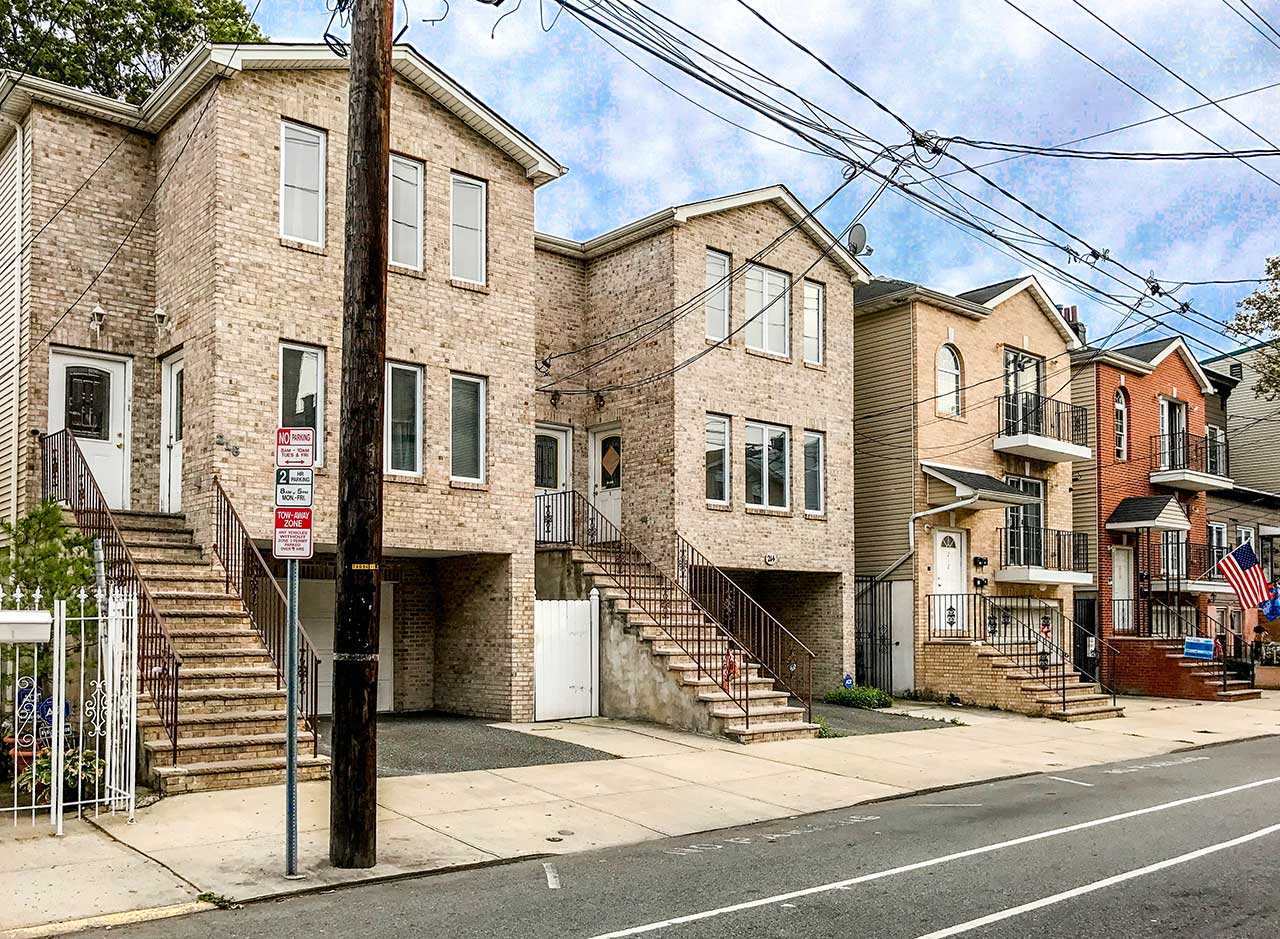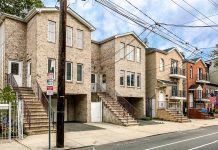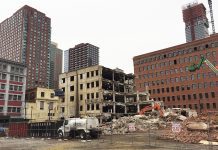
Late last month, Jersey City Mayor Steve Fulop issued an executive order that instituted a six-month freeze on the acceptance of demolition permit applications for any 1-4 family structures in all of the city’s neighborhoods. While some hailed the move as a way to preserve the city’s historic properties, others argued the order hurt property owners and represented an overreach.
The inevitable pushback against the order arrived courtesy of a lawsuit slapped against the city by four property owners. Filed in Hudson County Court on Wednesday, the case names just the city as the defendant and argues that the executive order is “null and void” and “exceeds the authority of the Mayor.”
Specifically, the lawsuit says Fulop’s order violates N.J.S.A. 40:55D-90b, which reads that “no moratoria on applications for development or interim zoning ordinances shall be permitted except in cases where the municipality demonstrates on the basis of a written opinion by a qualified health professional that a clear imminent danger to the health of the inhabitants of the municipality exists.” Because the executive order was not based on a written opinion of a health professional, the plaintiffs argue it is “unenforceable and invalid.”
The plaintiff companies that filed the case against Jersey City include several notable developers with projects in the works. The first, John and MaryAnn LLC, has developments in West Side, Greenville, and The Heights in their pipeline and additionally claims in the lawsuit that they own properties at 8 Terrace Avenue, 104 Terhune Avenue, 223 South Street, and 101 Laidlaw Avenue that they plan to develop into smaller two-family homes.
Another plaintiff in the case, VFC Developers, is currently constructing 54 Graham Street and owns land at 95 Hancock Avenue, 210 Congress Street, 133 Pearsall Avenue, and 115 Bleecker Street. Two other companies, 228 Sherman Avenue LLC and A B Cruz Construction, both also say they have two-family homes planned for their land that have been derailed by the order.
The order itself applies to all 1-4 family homes in the city that are structurally sound, even if they are vacant. Fulop’s tweet about the order justified the freeze by claiming that “we’re losing many of our great/old homes + being replaced w/the architectural marvel known as ‘The Bayonne Box,’” which is characterized as a housing style that accommodates cars by setting a home, sometimes a multi-family one, back from the street to allow for a small private driveway.
Bayonne Box-type homes have been popping up in neighborhoods like The Heights in recent years, a concern that was brought up by residents during a recent Ward D meeting. In addition to the order, Mayor Fulop said that modifications will likely be coming to the city’s R-1 zoning later this year that “will make some changes to no longer encourage the Bayonne Box-style home and the curb cut that it allows.”
Despite the lawsuit, Jersey City doesn’t appear to be backing down from the Bayonne Box fight. Spokesperson Hannah Peterson said in a statement that “as we have continued to explain to developers and residents alike, the demolition executive order puts a temporary moratorium on demolition permits until the City Council can rework the existing ordinance, a process that will likely take two months. These are changes that will protect the character of our neighborhoods and is something we (are) firmly siding with residents on correcting.”


